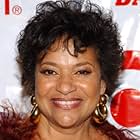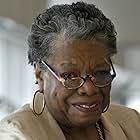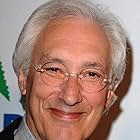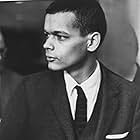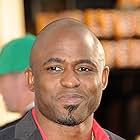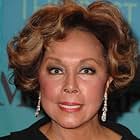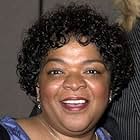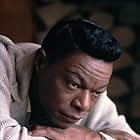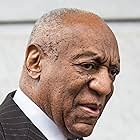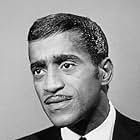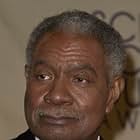Inside TV Land: African Americans in Television - Variety
- Episode aired Feb 1, 2002
- TV-PG
- 2h 24m
IMDb RATING
5.6/10
126
YOUR RATING
A three-part documentary that covers the trials and tribulations of African Americans in the history of television.A three-part documentary that covers the trials and tribulations of African Americans in the history of television.A three-part documentary that covers the trials and tribulations of African Americans in the history of television.
- Awards
- 1 nomination
Photos
Nat 'King' Cole
- Self
- (archive footage)
Sammy Davis Jr.
- Self
- (archive footage)
Storyline
Did you know
- ConnectionsFeatures Beulah (1950)
Featured review
African Americans in Television is a three-part documentary that aired on TV Land in February for Black History Month. Each part focuses on black talent's role in the development of one of three genres: variety, drama and comedy series.
This could easily have been a shallow one-parter with meaningless reminiscences about some of the great old shows and actors, the likes of which you see on many a reunion or network anniversary special, but the producers have taken great pains here to avoid that. Instead, what we have is a very frank and honest portrait of how black Americans have contributed to the medium as it evolved.
This is achieved through interviews with actors, producers, critics and network executives, paired with clips from a wide range of television programs, many of them rare. Each part is very well balanced, touching on many issues throughout the history of television, and flows incredibly well, with appropriate placement of commercial breaks. Narrations by Ron Glass and James Earl Jones are used only to introduce segments and provide a segue when necessary.
The substance of the documentary is nothing short of fascinating. We learn about many of the obstacles blacks had to overcome in the medium--who put them there, who was bitter about them, who overcame them, and how it all took place. We learn how small acts like a touch, going cross-eyed or sitting on a couch were small victories that helped set important precedents for future black performers. Interviewees discuss a wide range of topics such as which shows delighted or offended them, the whites in the industry who championed them, the lost art of the variety show format, black actors who played maids or butlers on television, how black programming helped fledgling networks succeed, their feelings about the current state of black Americans on television, and many other subjects. The result is not only a fascinating portrait of black achievements in television, but a fascinating history of television in general. Sensitive subjects are treated with dignity, and proper tribute is paid to those who made a difference. Of course, three hours is not enough time to cover every individual and every series with much depth, and there were times when I was left wanting more from a subject that got only fleeting mention. But in the end, TV Land has produced a documentary well worth watching for anyone who has an interest in the history of television or black American history.
This could easily have been a shallow one-parter with meaningless reminiscences about some of the great old shows and actors, the likes of which you see on many a reunion or network anniversary special, but the producers have taken great pains here to avoid that. Instead, what we have is a very frank and honest portrait of how black Americans have contributed to the medium as it evolved.
This is achieved through interviews with actors, producers, critics and network executives, paired with clips from a wide range of television programs, many of them rare. Each part is very well balanced, touching on many issues throughout the history of television, and flows incredibly well, with appropriate placement of commercial breaks. Narrations by Ron Glass and James Earl Jones are used only to introduce segments and provide a segue when necessary.
The substance of the documentary is nothing short of fascinating. We learn about many of the obstacles blacks had to overcome in the medium--who put them there, who was bitter about them, who overcame them, and how it all took place. We learn how small acts like a touch, going cross-eyed or sitting on a couch were small victories that helped set important precedents for future black performers. Interviewees discuss a wide range of topics such as which shows delighted or offended them, the whites in the industry who championed them, the lost art of the variety show format, black actors who played maids or butlers on television, how black programming helped fledgling networks succeed, their feelings about the current state of black Americans on television, and many other subjects. The result is not only a fascinating portrait of black achievements in television, but a fascinating history of television in general. Sensitive subjects are treated with dignity, and proper tribute is paid to those who made a difference. Of course, three hours is not enough time to cover every individual and every series with much depth, and there were times when I was left wanting more from a subject that got only fleeting mention. But in the end, TV Land has produced a documentary well worth watching for anyone who has an interest in the history of television or black American history.
Details
- Runtime2 hours 24 minutes
- Color
- Sound mix
- Aspect ratio
- 1.33 : 1
Contribute to this page
Suggest an edit or add missing content

